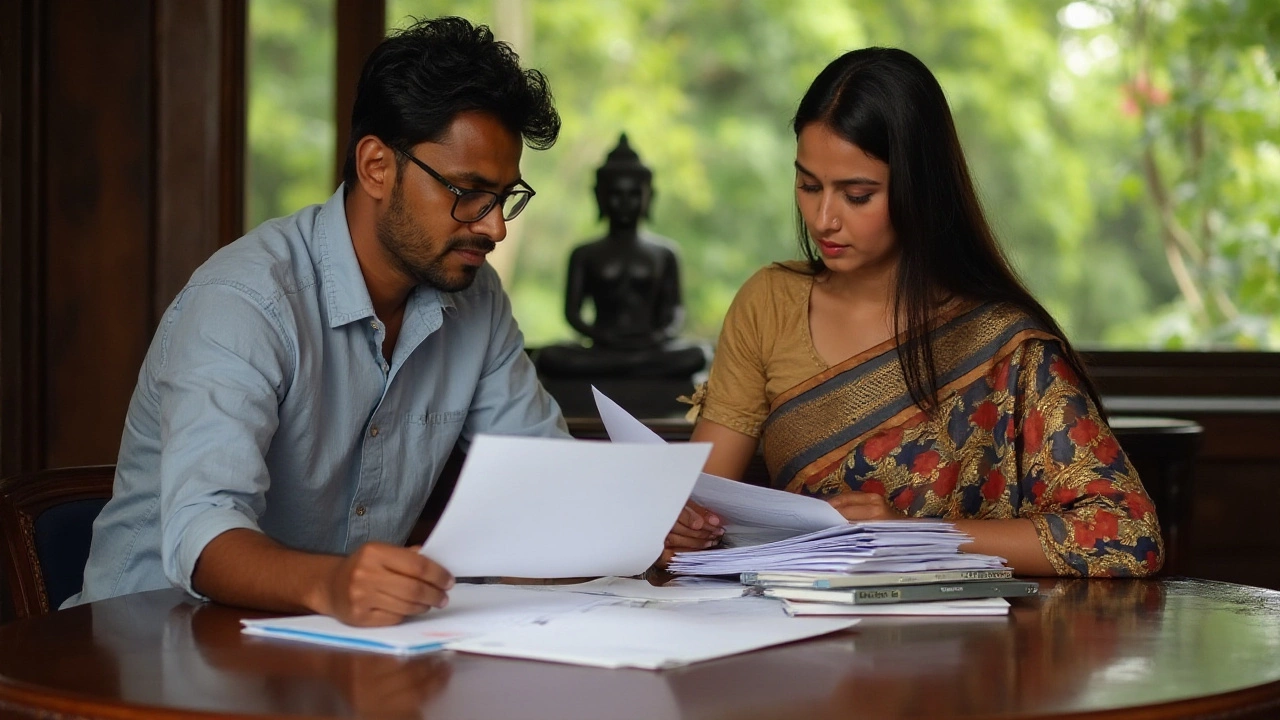Exempt Assets in Indian Law: What You Can Keep Safe
Ever wondered why some of your belongings stay untouched when a court orders a seizure? That’s because Indian law lists certain exempt assets that can’t be taken away. Knowing these items helps you protect your home, savings, and peace of mind.
Common Exempt Assets You Should Know
First off, the basics. Under most bankruptcy and debt‑recovery statutes, the following are usually shielded:
- Household essentials: furniture, clothing, and personal effects needed for daily life.
- Tools of trade: if you run a small business, the equipment you need to earn a living is off‑limits.
- Basic savings: a modest amount in a bank account (often up to ₹10,000) is protected, so you can cover food and medicine.
- Pension funds: most government‑run pension schemes can’t be touched.
- One‑room free‑standing property: in many states, a modest house where you live is exempt, provided its value stays within a set limit.
These rules aren’t one‑size‑fits‑all. The exact figures differ by state and by the specific law (bankruptcy, civil recovery, tax demand, etc.). But the principle stays the same: the law tries to keep you from becoming destitute.
How Exemptions Work in Practice
When a creditor files a suit, the court first looks at your asset list. If something falls under the exemption list, the judge will usually order it to be left alone. In some cases, you may need to file a "claim of exemption" form, declaring which items you believe are protected.
Here’s a quick step‑by‑step you can follow:
- Gather all documents: bank statements, property papers, and receipts for tools.
- Identify which assets match the exemption categories.
- Fill out the exemption claim form (available at the court or online portal).
- Attach proof – like a purchase receipt for a sewing machine if you’re a tailor.
- Submit before the deadline set by the court. Missing it can cost you the protection.
It’s a good idea to talk to a legal advisor early. They can help you avoid mistakes that might lead the judge to ignore your claim.
One common misconception is that all cash is protected. In reality, only a small amount is exempt; the rest can be seized to settle debts. So keep a clear record of which portion is under exemption.
Another tip: if you own multiple properties, the exemption usually applies only to the one you live in. Any extra houses, rented out or not, can be targeted.
Remember, exempt assets are about balance. The law wants to let you stay afloat while still giving creditors a chance to recover what they’re owed.
If you’re facing a legal notice, don’t panic. List your assets, check the exemption thresholds for your state, and file the claim promptly. Staying organized and informed can make the difference between losing a prized possession and keeping it safe.
Bottom line: knowing which assets are exempt gives you a powerful tool to protect your livelihood. Use it wisely, keep records up to date, and seek professional help when needed.

Understanding Probate-Exempt Assets in Virginia Wills
Navigating the probate process in Virginia can be perplexing, especially when it comes to understanding which assets are exempt. Certain assets bypass the probate process, offering beneficiaries a smoother transition. This article lays out key information about non-probate assets in Virginia, shedding light on types of accounts, jointly-owned properties, and trust assets. It also offers practical tips for properly structuring an estate to minimize potential legal hurdles.